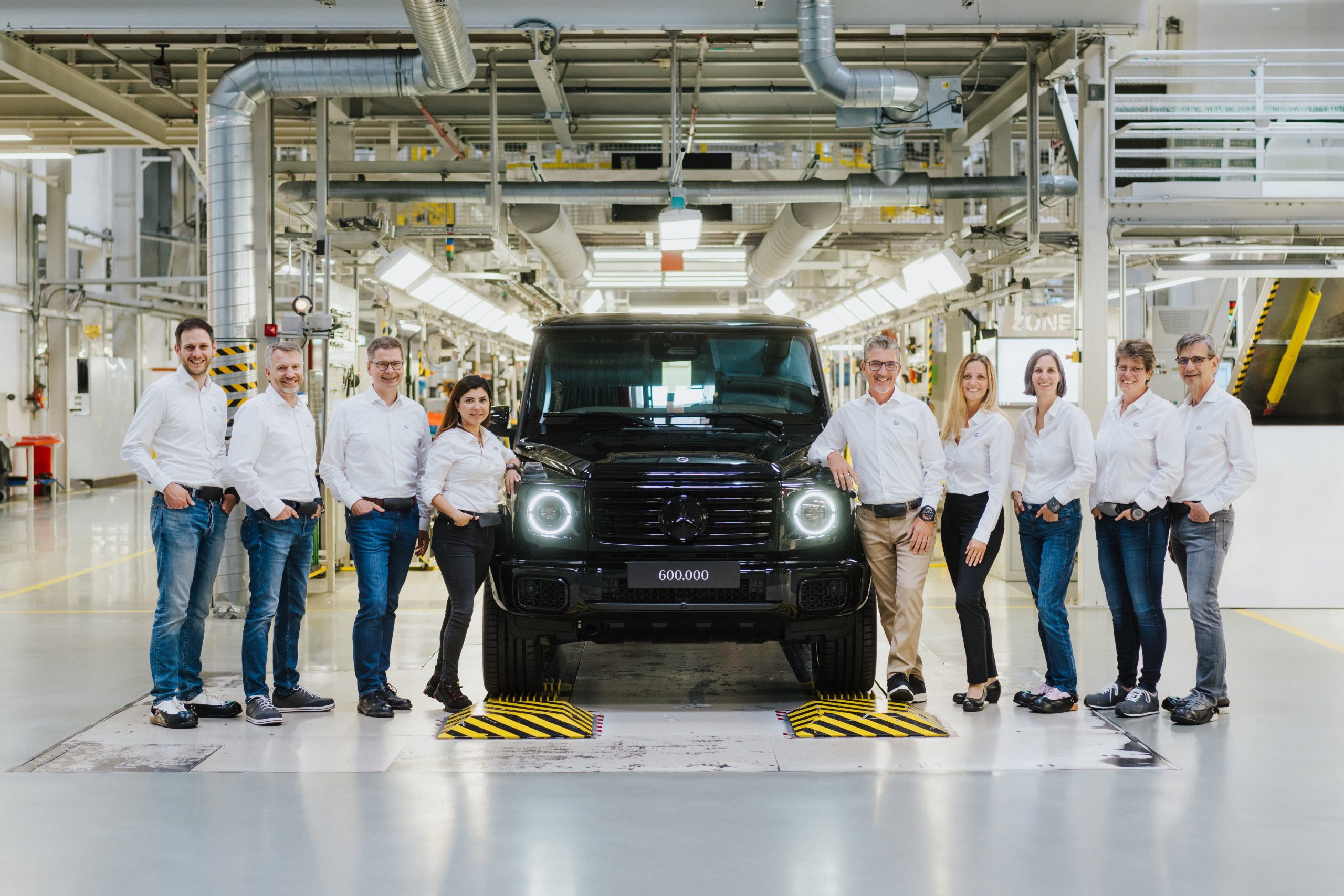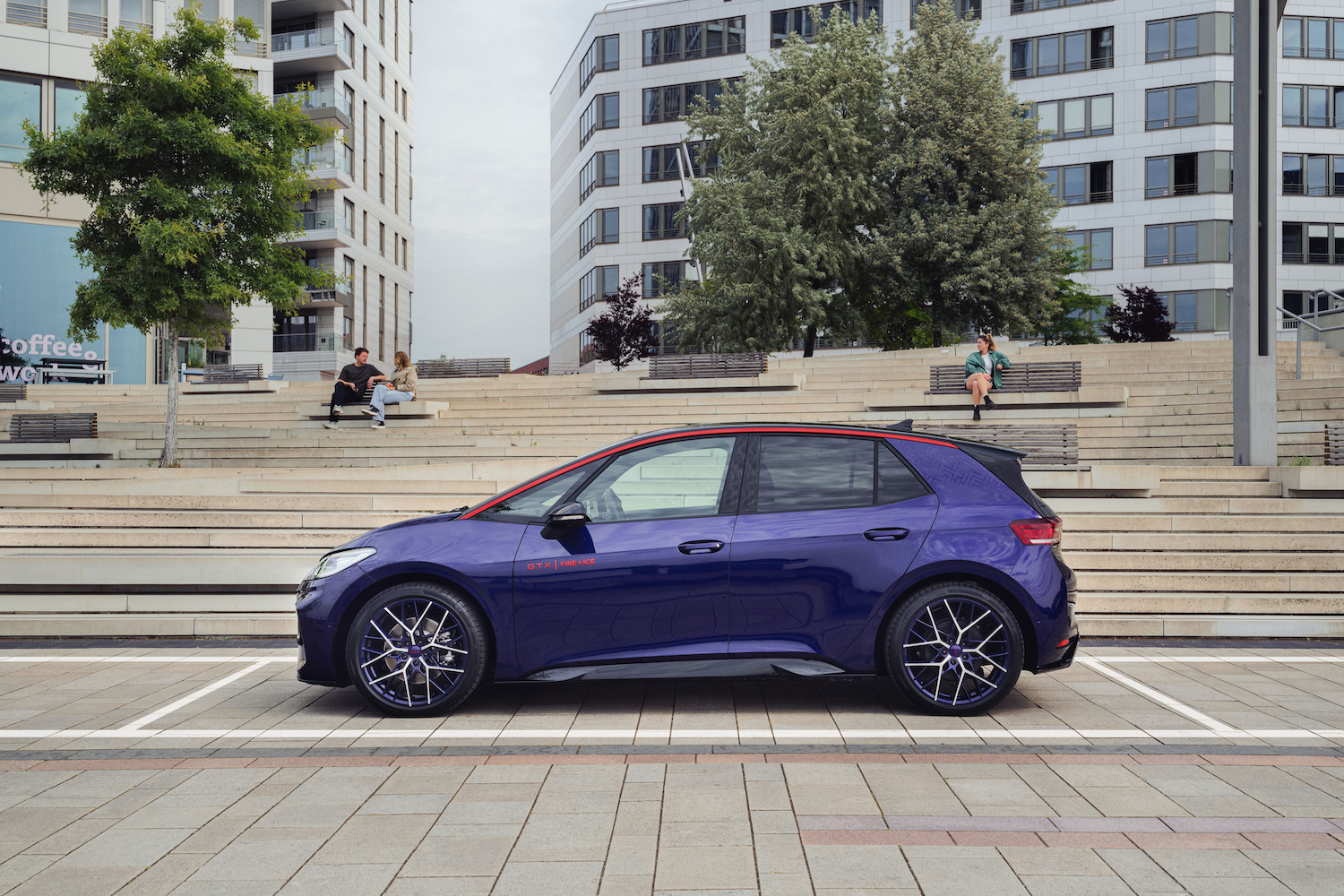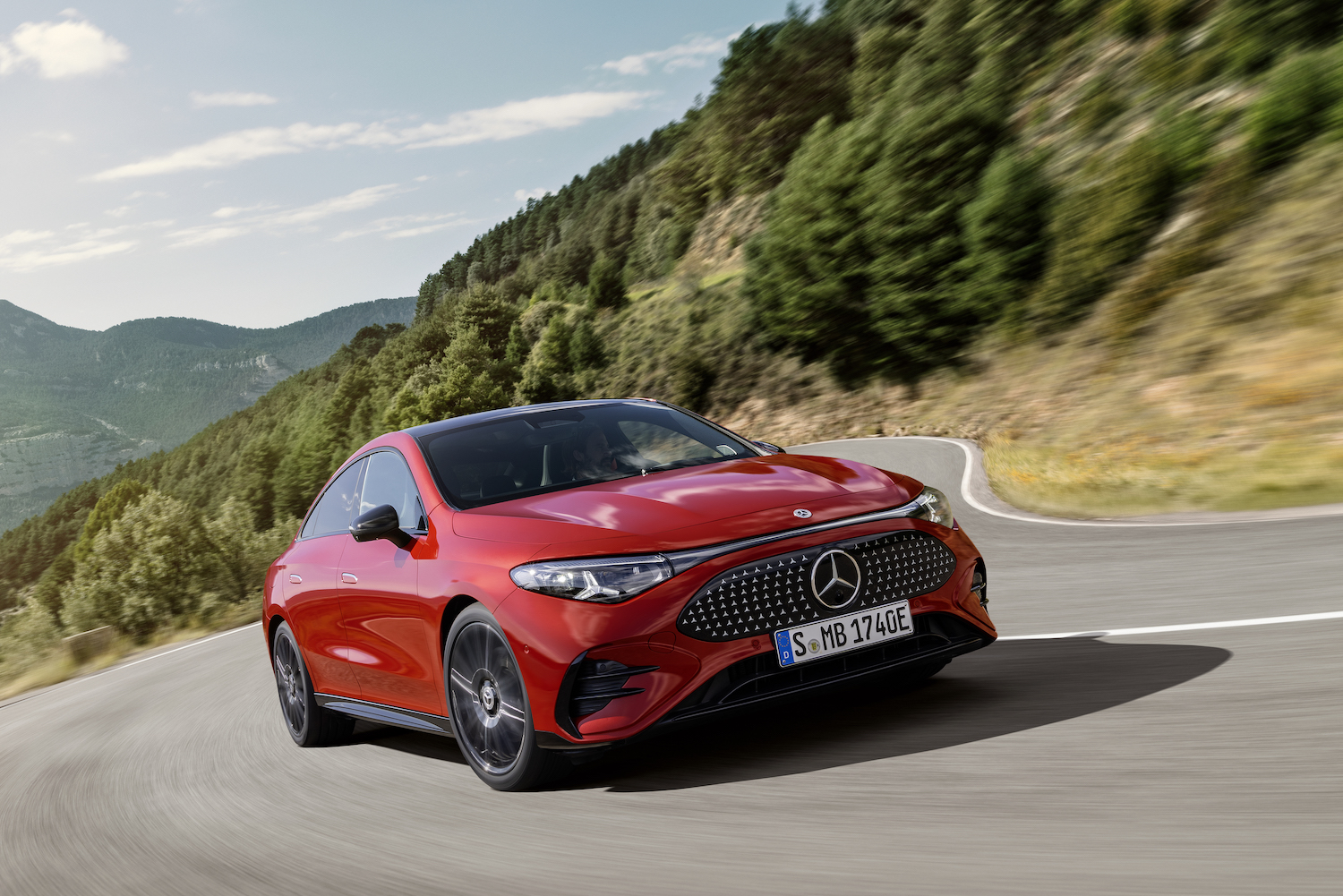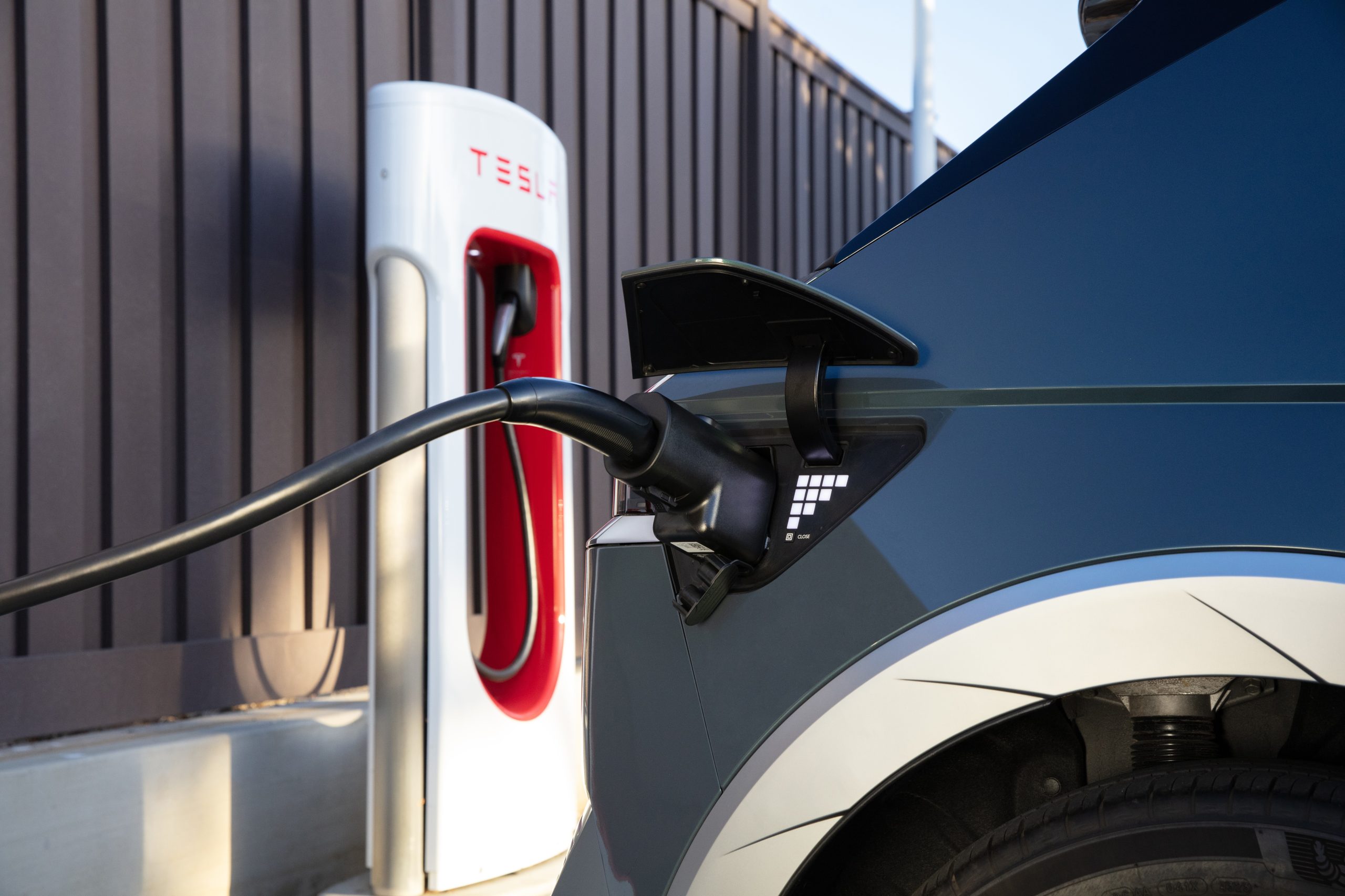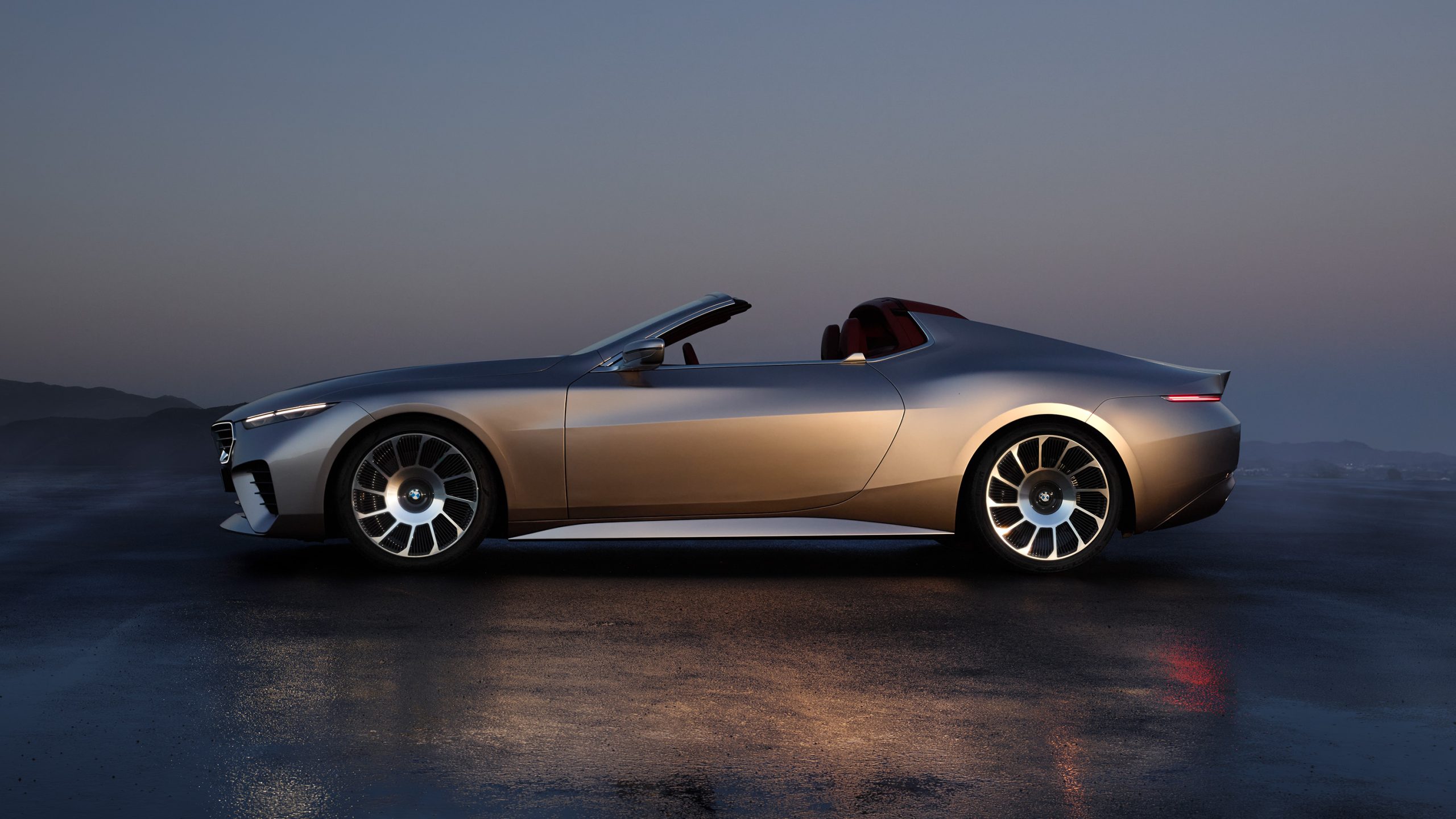Mercedes-Benz opens own recycling factory to close the battery loop
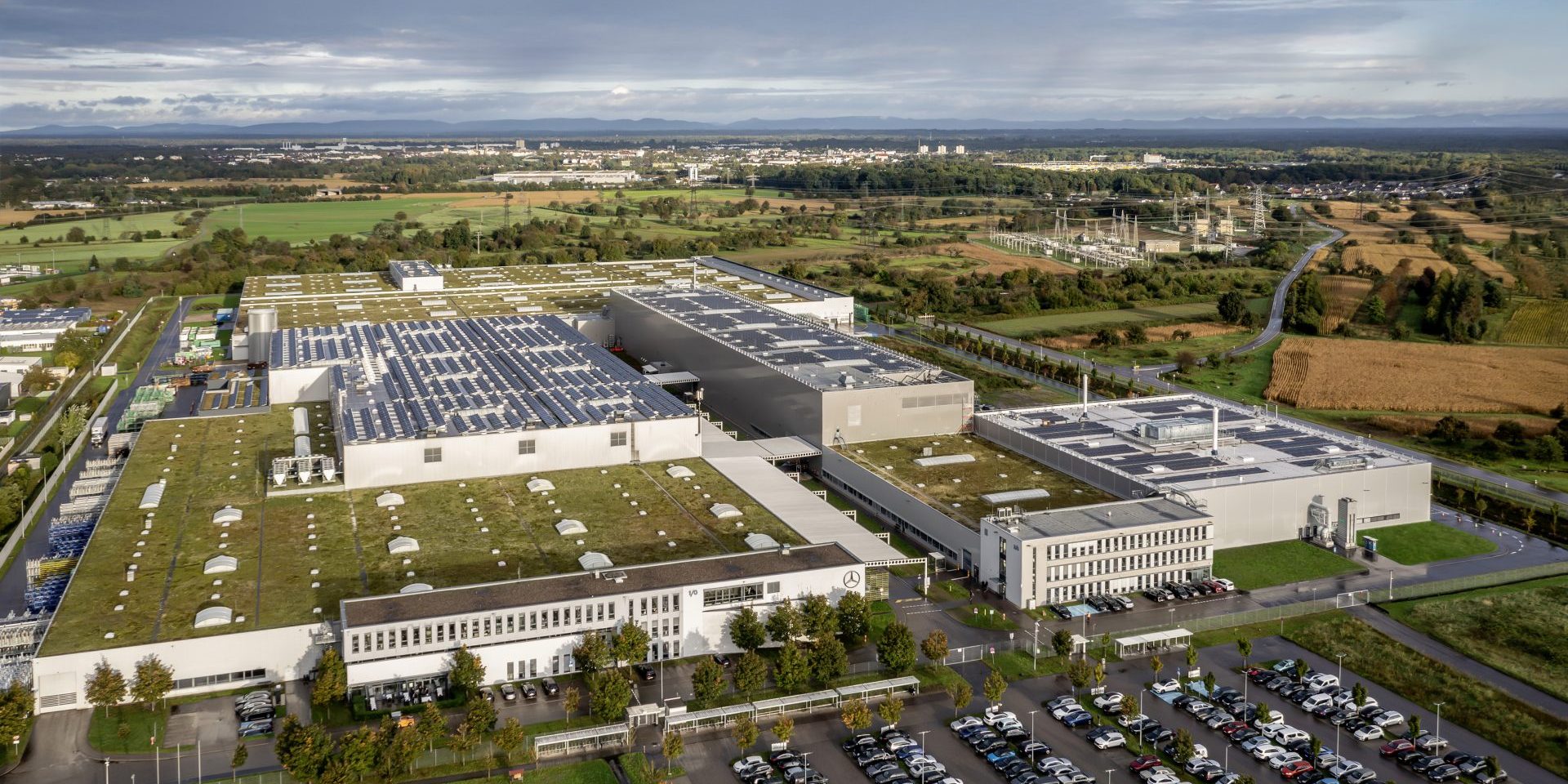
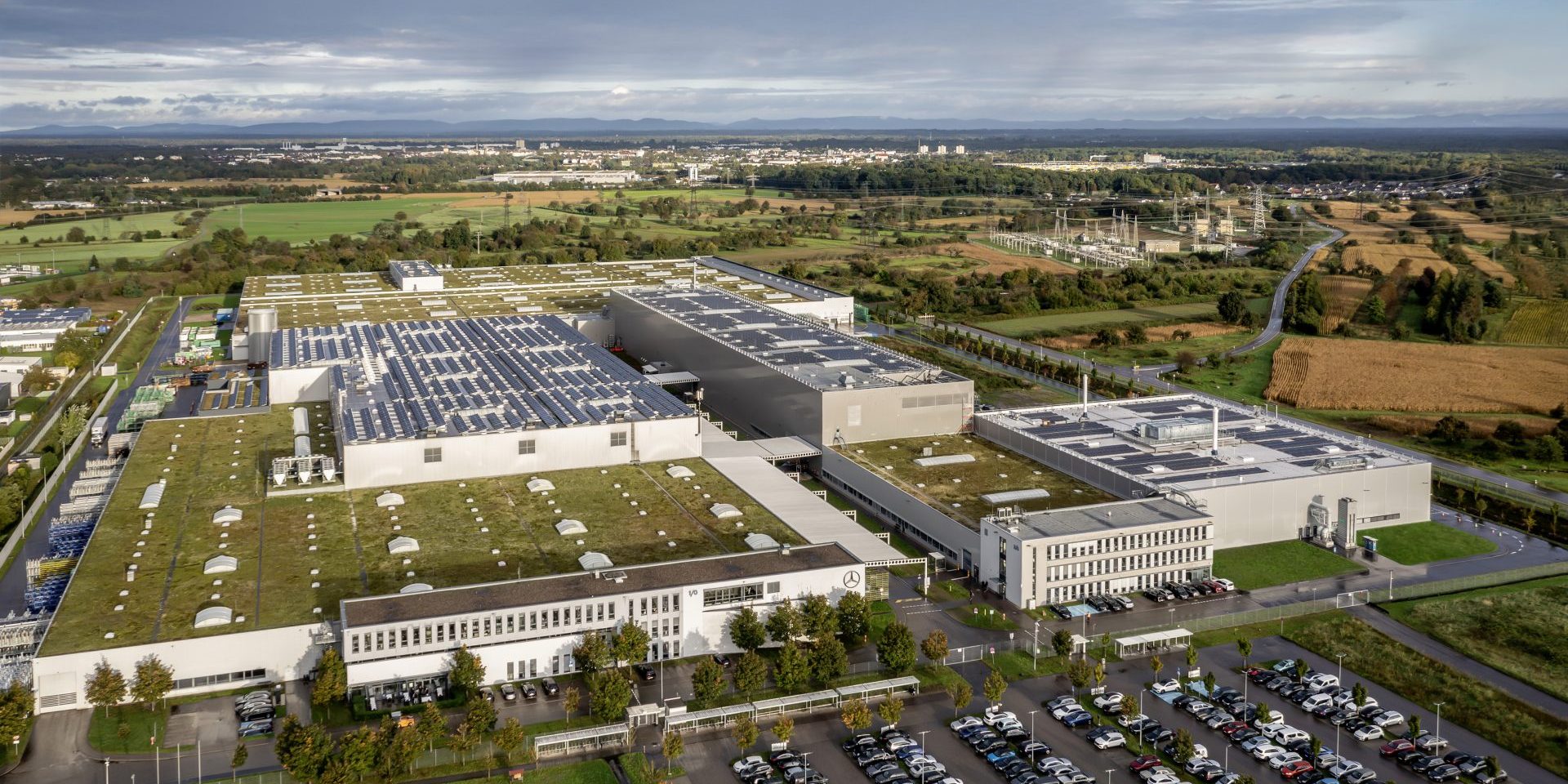
Mercedes-Benz today opened Europe’s first battery recycling plant with an integrated mechanical-hydrometallurgical process making it the first car manufacturer worldwide to close the battery recycling loop with its own in-house facility.
The recycling plant in Kuppenheim, southern Germany, creates a genuine circular economy. This underpins the pioneering spirit and innovative strength of Mercedes-Benz as it strives to significantly reduce the consumption of valuable primary resources.
Unlike existing established processes, the expected recovery rate of the mechanical-hydrometallurgical recycling plant is more than 96 percent. Valuable and scarce raw materials such as lithium, nickel and cobalt can be recovered – in a way which is suitable for use in new batteries for future all-electric Mercedes-Benz vehicles.
The company has invested tens of millions of euros in the construction of the new battery recycling plant and thus in the value creation in Germany. Federal Chancellor Olaf Scholz and Baden-Württemberg’s Environment Minister Thekla Walker visited the plant for the opening ceremony in Kuppenheim, Baden.
“Mercedes-Benz has set itself the goal of building the most desirable cars in a sustainable way. As a pioneer in automotive engineering, Europe’s first integrated mechanical-hydrometallurgical battery recycling factory marks a key milestone towards enhancing raw-materials sustainability. Together with our partners from industry and science, we are sending a strong signal of innovative strength for sustainable electric mobility and value creation in Germany and Europe.”
Ola Källenius, Chairman of the Board of Management of Mercedes-Benz Group AG
“The future of the automobile is electric, and batteries are an essential component of this. To produce batteries in a resource-conserving and sustainable way, recycling is also key. The circular economy is a growth engine and, at the same time, an essential building block for achieving our climate targets! I congratulate Mercedes-Benz for its courage and foresight shown by this investment in Kuppenheim. Germany remains a cutting-edge market for new and innovative technologies.”
Olaf Scholz, Federal Chancellor of the Federal Republic of Germany
Mercedes-Benz’s technology partner for the battery recycling factory is Primobius, a joint venture between German plant and mechanical engineering company SMS group and Australian process technology developer Neometals. The plant is receiving funding from the German Federal Ministry for Economic Affairs and Climate Action as part of a scientific research project with three German universities. The project looks at the entire process chain for recycling, including logistics and reintegration concepts. The partners are thus making an important contribution to future scaling of the battery recycling industry in Germany.
Integrated mechanical-hydrometallurgical recycling concept
For the first time in Europe, the Mercedes-Benz battery recycling plant covers all steps from shredding battery modules to drying and processing active battery materials. The mechanical process sorts and separates plastics, copper, aluminium and iron in a complex, multi-stage process. The downstream hydrometallurgical process is dedicated to the so-called black mass. These are the active materials that make up the electrodes of the battery cells. The valuable metals cobalt, nickel and lithium are extracted individually in a multi-stage chemical process. These recyclates are of battery quality and therefore suitable for use in the production of new battery cells.
Unlike the pyrometallurgy established in Europe today, the hydrometallurgical process is less-intensive in terms of energy consumption and material waste. Its low process temperatures of up to 80 degrees Celsius mean it consumes less energy. In addition, like all Mercedes-Benz production plants, the recycling plant operates in a net carbon-neutral[3] manner. It is supplied with 100 percent green electricity. The roof area of the 6800 square-metre building is equipped with a photovoltaic system with a peak output of more than 350 kilowatts.
The Mercedes-Benz battery recycling plant in Kuppenheim has an annual capacity of 2,500 tonnes. The recovered materials feed into the production of more than 50,000 battery modules for new all-electric Mercedes-Benz models. The knowledge gained could help scale up production volumes in the medium to long term.
Holistic approach to battery value creation
Mercedes-Benz takes a holistic approach to the circularity of battery systems and considers three core topics: circular design, value retention and closing the material loop. With its Design for Circularity approach, the company takes the entire battery technology value chain into account from the outset. At the Mercedes-Benz eCampus in Stuttgart-Untertürkheim, which opened in 2024, circular thinking flows into the development of new battery cells. Battery production for electric Mercedes-Benz vehicles is net carbon-neutral3 in battery factories on three continents. Local battery production is a key factor for the success of the Mercedes-Benz sustainable business strategy.
In line with circular thinking and to conserve resources, the company offers reconditioned batteries as spare parts for all its electric vehicles. In addition, its Mercedes-Benz Energy subsidiary has established a successful business model with large-scale stationary storage applications. Batteries that are no longer suitable for vehicle use can enjoy a second life as part of an energy storage system.
For Mercedes-Benz, sustainability means creating long-term value for as many people as possible which is why it pursues a sustainable business strategy. This means sustainability is a fundamental component of a holistic corporate mindset that embraces wider ecological, social and economic aspects.
Statements from the opening of the Mercedes-Benz battery recycling plant in Kuppenheim
“We are systematically deepening our expertise in the battery value chain. Following the opening of the Mercedes-Benz eCampus for development of new battery cell chemistries in Stuttgart-Untertürkheim, we are now sustainably closing the raw materials loop in Kuppenheim. The innovative technology enables us to recover valuable raw materials from the battery with the highest possible degree of purity. This turns today’s batteries into tomorrow’s sustainable mine for raw materials. The new battery recycling plant strengthens the role of the Mercedes-Benz production network with vehicle and drivetrain plants in Europe.”
Jörg Burzer, Member of the Board of Management of Mercedes-Benz Group AG, responsible for Production, Quality & Supply Chain Management
“Battery recycling is of great importance to Baden-Württemberg as a state with such a strong automotive sector. Closing the loop on the value chain reduces dependencies, increases resilience in times of crisis and can smooth peaks and troughs in the availability of raw materials. Mercedes-Benz is a pioneer in this respect: With the integrated battery recycling plant, Mercedes-Benz has developed a sustainable approach for dealing with limited resources and is therefore making a valuable contribution to a truly circular economy. We are proud that in this federal state of innovators, we are also at the forefront in this field.”
Thekla Walker MdL, Minister for the Environment, Climate and Energy Baden-Württemberg

